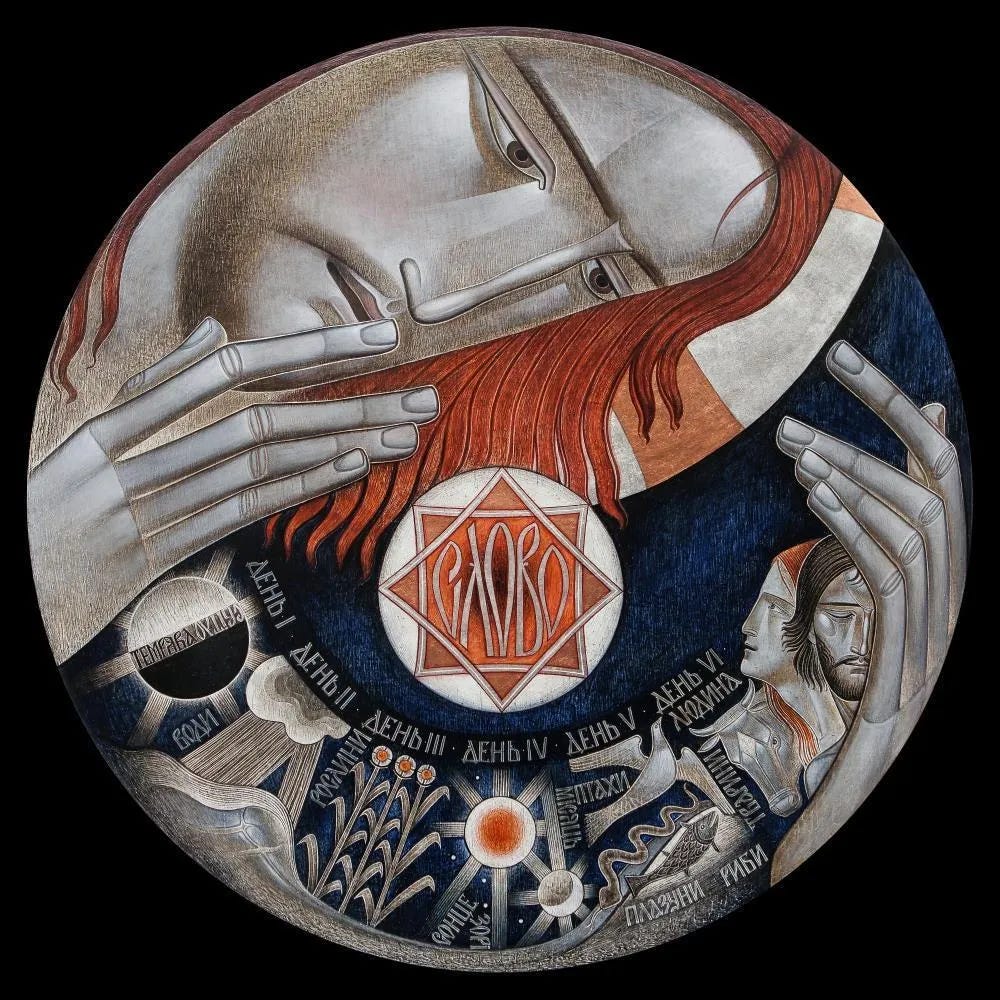The philosopher Richard Taylor once invited readers to picture a hypothetical.
Imagine a man who is hiking in the woods and comes upon, out of the blue, a translucent sphere.
Obviously, Taylor points out, the man would be shocked by the strangeness of the object, and he’d wonder just how it should happen to be there, floating in the middle of the forest. More to the point, the hiker would never be able to swallow the notion that it just happened to be there, without cause or any possibility of further explanation. Such a suggestion would strike him as silly. But, Taylor argues (and this is money), what the hiker has failed to notice is how he might ask that same question just as well about any other object in the woods—say, a rock or a tree or a spider web or a little boy—as about this strange sphere.
He fails to do so only because it rarely occurs to us to interrogate the mysteries of the things around us.
We’d be curious about a sphere suddenly floating in the forest, but as far as existence is concerned, everything is in a sense out of place.
Taylor says you can imagine that sphere stretched out to the size of the universe or shrunken to a grain of sand, as everlasting or fleeting, and it doesn’t change the wonder.
I recently started a long lectio continua sermon series through the book at the back of the Bible, the Apocalypse of Jesus Christ. Otherwise known as the Book of Revelation— its singular not plural— the Apocalypse is much neglected by some and sorely misused by many others. This need not be so, for the considerations conjured by the Bible’s vision of the End are every bit as elementary and essential as those broached by its beginning.
For example:
Creation’s Fulfillment by God in the Apocalypse invites us to realize that Genesis does not allow us to understand God’s work of creation merely as an act of initiation.
The Seer in Revelation does not see that one day time will simply run out. Rather, the Spirit of Jesus shows John that in the imminent future the triune God will draw history to a close; that is, creation will be brought to completion by God.
Creation, therefore, is not that which God did once and long ago.
Creation is that which God does, now and at every moment.
The church’s historic liturgies confess this claim plainly.
Those who gather for Morning Prayer in my parish recite this daily in the Thanksgiving:
Almighty God, Father of all mercies, we your unworthy servants give you humble thanks for all your goodness and loving kindness to us and all whom you have made. We bless you for our creation, preservation, and all the blessings of this life; but above all for your immeasurable love in the redemption of the world by our Lord Jesus Christ.
Trinitarian dogma stipulates that anything we might profess of the Father we must also proclaim about the Son or his Spirit (e.g., The Spirit creates…The Father atones…The Son rescued Israel from Egypt); likewise, everything we can say of God’s act of creation holds true in the present tense as well. Even the stories in Genesis’s primeval history, while ostensibly narrating past events, intend to illumine present structures of life. As Robert Jenson puts it with characteristic succinctness:
“Genesis makes the world’s dependence on God be independent of the difference between one moment of created time and another.”
Quite simply—
The world would not now exist did not God now command its existence.
Keep reading with a 7-day free trial
Subscribe to Tamed Cynic to keep reading this post and get 7 days of free access to the full post archives.




